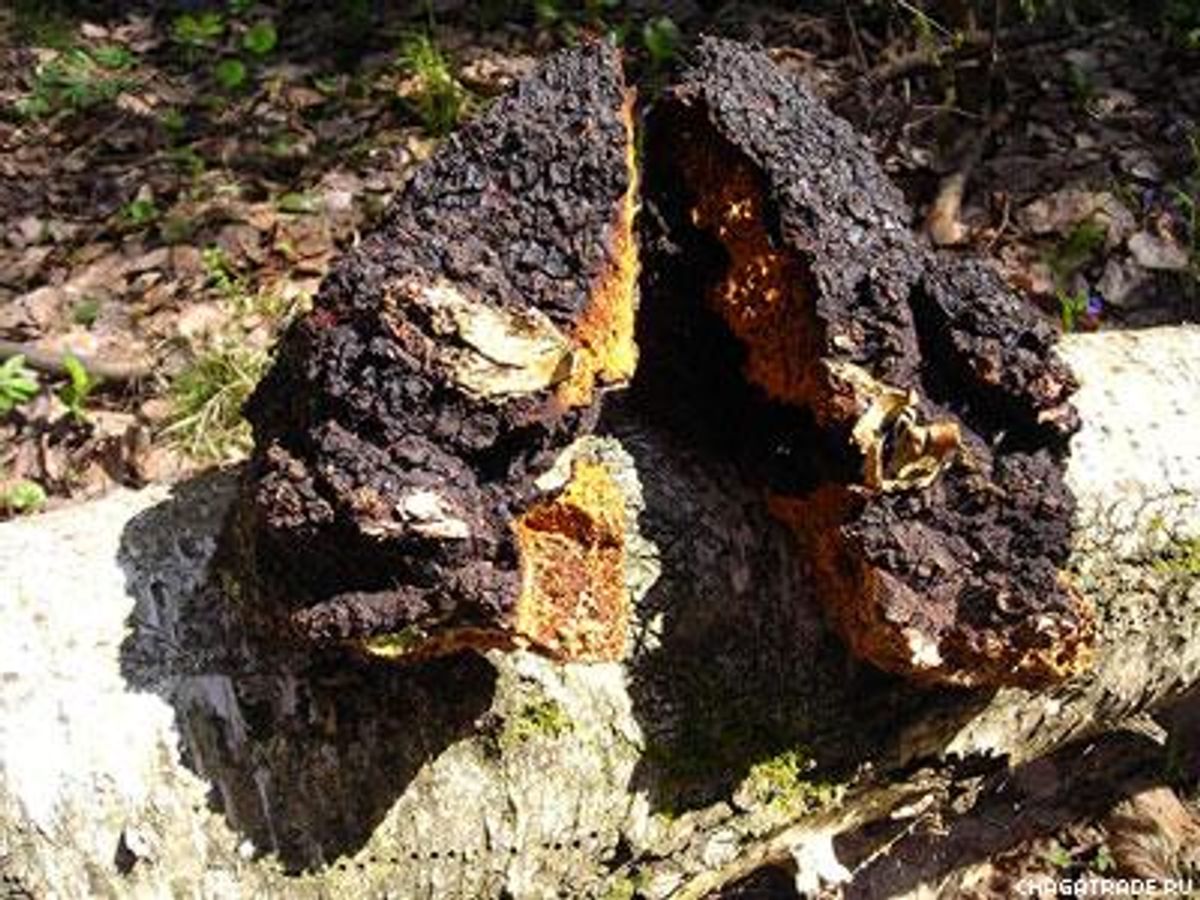Components of a potential HIV treatment may be found in Siberian mushrooms, say scientists from the Vector Research Institute in southwestern Siberia. The mushrooms, used as folk remedies in Russia since the 16th century, can be successfully developed into antiviral medicines, the institute said in a statement.
Vector scientists have identified strains from three different types of mushrooms that could prove effective in fighting HIV and other diseases.
“Strains of these mushrooms demonstrated low toxicity and a strong antiviral effect” against influenza, smallpox and HIV, said the statement.
"Research has shown Chaga to be extremely effective in protecting cellular DNA from damaging free radicals," a Vector spokesperson said.
Tests showed the Chaga mushroom, which grows on birch trees in the region, to be most effective. Chaga, in recent years has become a popular dietary supplement in the West, and believed to be the most potent because of its high concentration of betulinic acid. Betulinic acid, which has shown to be toxic to cancer cells in laboratory testing, also has said to slow the growth of several types of tumor cells and HIV, according to the American Cancer Society.
The Memorial Sloan-Kettering Cancer Center in New York says on its website that “no clinical trials have been conducted to assess Chaga’s safety and efficacy for disease prevention.” However, the Russian scientists say they intend to use the mushrooms to produce medicines.
“It’s a promising line of development,” the Vector institute said.
At the time of the breakup of the former Soviet Union, scientist at the state-funded Vector Institute engaged in research to create and produce biological weapons for the purpose of mass genocide, said Vanderbilt University Medical Center's weekly newspaper in 2003. "The Vector research institute was a Soviet biological weapons facility and stored deadly viruses, including those causing smallpox."
Today, the Vector research base conducts work on combatting many of those same deadly viruses it once produced.











































































